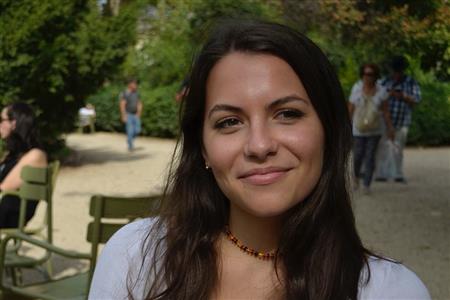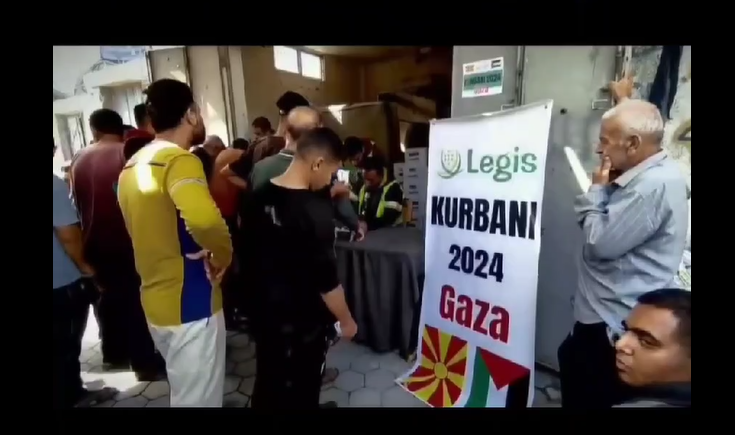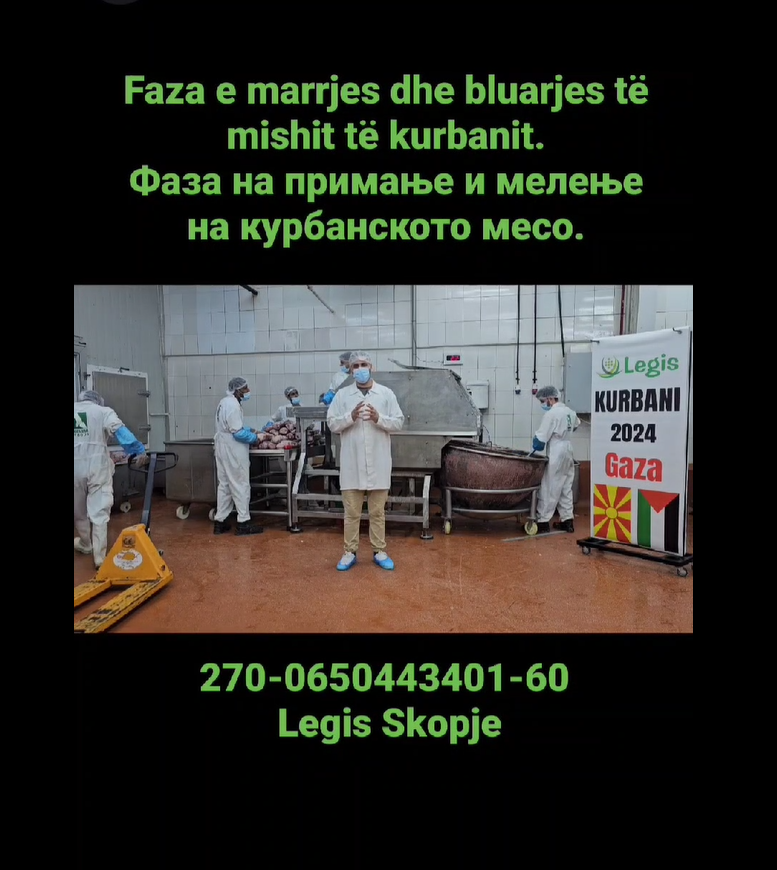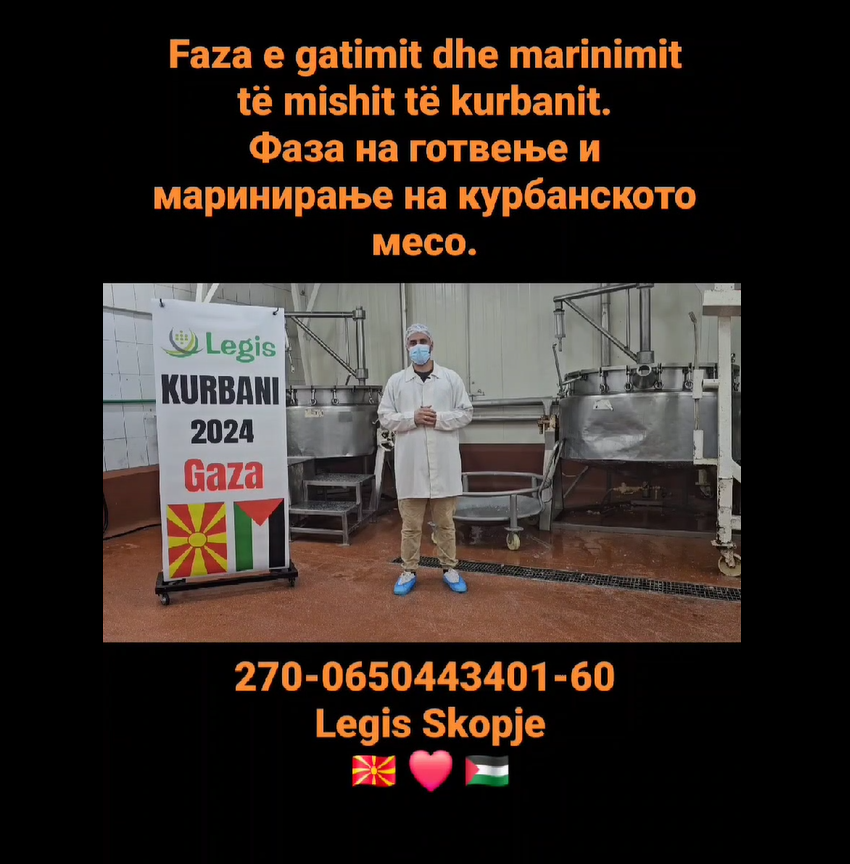My name is Ema Pochat Križaj. I am half-Slovenian, half-French from Luxembourg. I am 18 years old and studying political science in France at Sciences Po Paris.
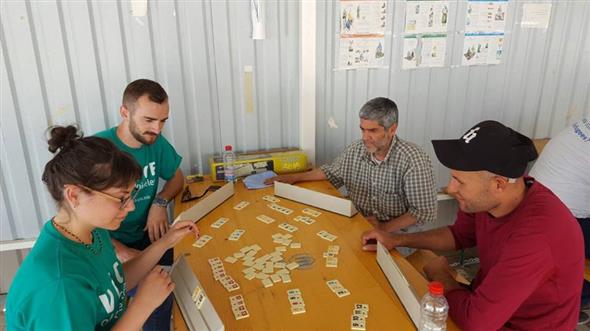
My name is Ema Pochat Križaj. I am half-Slovenian, half-French from Luxembourg. I am 18 years old and studying political science in France at Sciences Po Paris.
I had worked with refugees and migrants in France and in Luxembourg and I wanted to continue working in this field.
Refugees and migrants have very often been through traumatic experiences. However, that surely does not mean that I cannot help. Talking to them, laughing with them, playing games or just sitting next to them already makes a big difference. For them it means the world because most of them started their journey alone. Refugees, whether they travel alone or with their families, need to know that there are people who do care, who want to help. The reason that inspired me to volunteer in a refugee camp is as simple as this: human interaction. Refugees and migrants often come from completely different cultures, which gives a valuable opportunity for us to learn from them: they can offer as much as anyone else can.
During the 2015 refugee crisis, the Balkan Route was one of the most common ways to enter the European Union. I wanted to learn more about the Balkan Route and about the way the countries along that route reacted and dealt with the crisis. I came across the NGO Legis thanks to a former teacher of mine, Mr. Sébastien Louis, who is very much involved in helping refugees and migrants and who taught me a lot about the subject through his course on the international migration in sociology. I then researched what the role of this particular organization was and when I learned that Legis organized the first emergency response in Macedonia during the crisis, it motivated me to join them for one month and bring my experience and ideas to the table.
During my volunteering in Macedonia, I have met some amazing people among the refugees. Some of them offered me everything even though they did not have much. I was frequently invited to share lunch and tea with an Iraqi family, who also taught me how to play some games from their country.
I have many others memorable moments in the refugee camp. For instance, I spent a full day talking and laughing with refugees from Algeria who spoke a bit of French and were happy to be able to communicate more easily. They nicknamed me “Paris”.
As I deeply believe that it is as important for the refugees to get to know the volunteers working with them as it is important for the volunteers to get to know the refugees, their countries and their culture, I organized a ‘French Day’. This day marked my last day in the camp. The refugees could enjoy French cuisine, music and the projection of a film. It was not organized solely with the idea to integrate the refugees in some daily activities, but also to familiarize them with French culture. I am proud to say that it was a big success: many refugees, including almost all the children of the camp, joined me and the Legis staff in the kitchen, to prepare a meal together.
From my experience gained throughout the month spent with the refugees, and particularly this French Day, which I organized in partnership with the SOS Children Village of Macedonia, I would say that there is room for better streamlining of efforts and for more efficient coordination among various organizations working in the field. To my mind, the organizations could – with the help of volunteers – provide various educational and psychological activities to help the refugees go through their traumas and provide more support. Furthermore, I find that activities should not only be provided for children but also for adults, regardless of their age, gender or religion.
Having worked with refugees for one month, I can now claim that the ‘cliché’ image of a refugee being violent, uneducated, biased or radicalized remains solely a cliché. I have met with warm, welcoming, kind people who were only looking for a better life for them and their families. What struck me most is that even if their situation can be perceived as rather hopeless the refugees I met do not give in. Hope remains their driving force.
The whole experience was personally extremely enriching, and I am very grateful for the opportunity. It proved me yet once again that there are many different cultures, languages and traditions in the world, but that each and every one of us has story worth telling and a voice worth sharing.
By:

